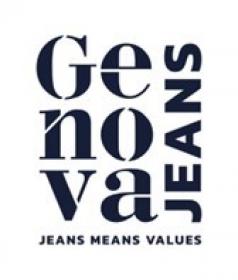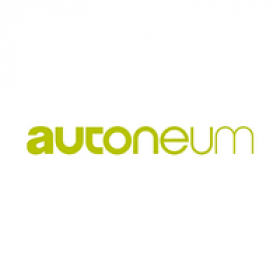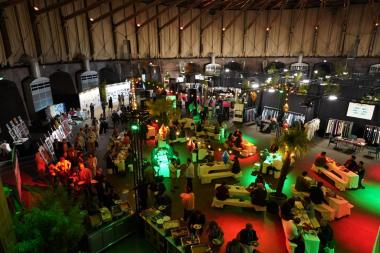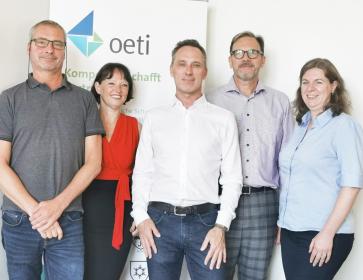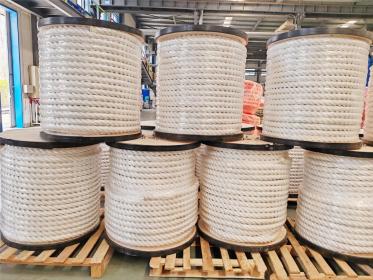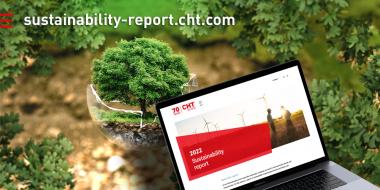adidas: Revenue increase in third quarter
Developments:
- Currency-neutral revenues up 1% driven by growth in all regions except North America
- Top-line development reflects focus on conservative sell-in and full-price business
- Gross margin up 0.2pp to 49.3% driven by reduced freight costs, a more favorable business mix, and lower inventory allowances; discounting levels continue to improve
- Operating profit of € 409 million includes extraordinary expenses of around € 110 million
- Conservative sell-in strategy paying off as inventory position improves substantially versus Q2 level to € 4.8 billion; now down 23% year-over-year
Outlook
adidas expects revenues to decline at a low-single-digit rate
On October 17, adidas had adjusted its full year financial guidance to reflect both the positive impact of the second drop of some of its Yeezy inventory and the better-than-expected development of the underlying business. At the same time, macroeconomic challenges and geopolitical tensions persist. Elevated recession risks in North America and Europe as well as uncertainty around the recovery in Greater China continue to exist. In addition, the company’s revenue development will continue to be impacted by the initiatives to significantly reduce high inventory levels in North America and the company’s focus on full-price sales across its own channels. As a result, adidas now expects currency-neutral revenues to decline at a low-single-digit rate in 2023 (previously: decline at a mid-single-digit rate).
Underlying operating profit anticipated to reach a level of around € 100 million
The company’s underlying operating profit – excluding any one-offs related to Yeezy and the ongoing strategic review – is now anticipated to reach a level of around € 100 million in 2023 (previously: around break-even level). Including the positive impact from the two Yeezy drops in Q2 and Q3 of around € 300 million (previously: € 150 million), the potential write-off of the remaining Yeezy inventory of now around € 300 million (previously: € 400 million) and one-off costs related to the strategic review of up to € 200 million (unchanged), adidas now expects a reported operating loss of around € 100 million in 2023 (previously: loss of € 450 million).
adidas AG






